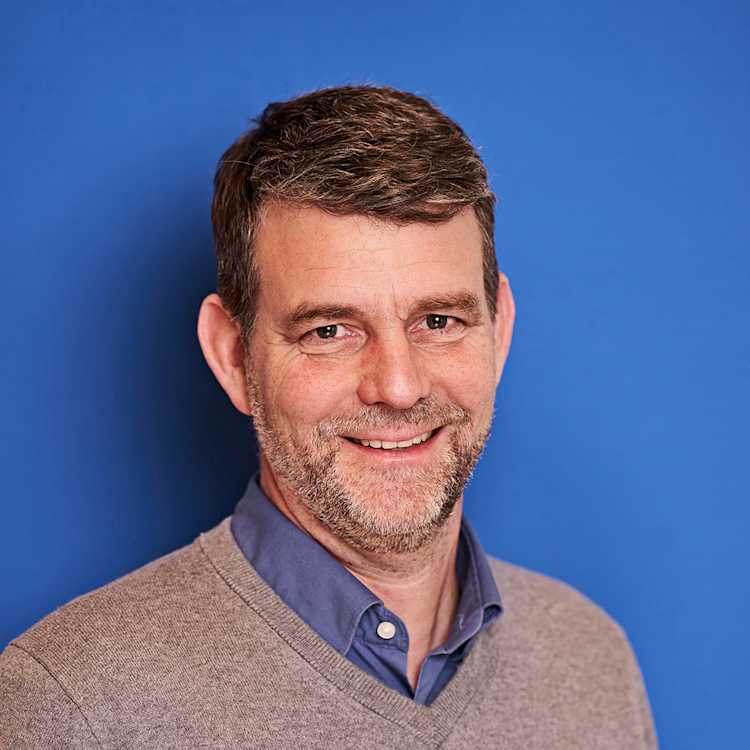Call | 17/08/2023
Call for Papers and Organised Sessions: MIASA Policy Conference “Accelerating Africa’s economic transformation towards shared prosperity and sustainability”
This second MIASA policy conference is meant to provide a space for exchange between researchers, policymakers, development practitioners, and other stakeholders in development to present and discuss the most recent policy-relevant research findings on Africa’s economic development, its present patterns, and future. The conference takes place on 21–22 November 2023 at the University of Ghana, and virtual. Please apply by 30 August 2023.
Concept and contents
This second MIASA policy conference (on 21–22 November 2023) is meant to provide a space for exchange between researchers, policymakers, development practitioners, and other stakeholders in development to present and discuss the most recent policy-relevant research findings on Africa’s economic development, its present patterns and future. Africa’s economic development is at the cross-roads. The 20 pre-pandemic years have been – for some parts of Africa – the most transformative since independence. Yet, there is a long way to go. First, the transformation needs to regain its momentum to lead to sustained increases in productivity, income, and living standards. Second, its patterns must turn more inclusive to ensure that the potential gains from development are shared more equally. Third, a sustainable economic transformation in Africa can contribute to addressing global as well as local environmental problems, from climate change to deforestation and biodiversity loss. Fourth, development strategies will have to adjust to and be compatible with global changes, including the global energy transition and the geo-political tensions with repercussions on international trade and investment, which entail challenges and opportunities. Fifth, economic integration – both regionally and globally – has to turn into a major driver of sustainable development. While achieving higher value addition is an important element of integration strategies, more sustainable commodity exports, and mineral extraction should remain high on the agenda.
The conference is not only meant to bridge research and practice. It also encourages researchers and practitioners to step out of their respective silos and see, interpret and apply their knowledge in the broader context of Africa’s economic development without losing analytical rigor. All too often, applied research gets lost in detail and is too obsessed with identification with the consequence that it does not see the forest for the trees. At the same time, policies rely on broad narratives that are not well-backed by empirical evidence.
This is why we ask researchers in particular to make an effort to situate their findings within broader issue areas of high relevance to economic development in Africa (and beyond). One aim of this conference is therefore to bring together bigger research projects and initiatives and put together a program that goes well beyond a series of paper presentations.
Specific topics that we intend to cover at the conference include but are not limited to:
Sustained productivity/income growth
Building productive capacity: Infrastructure, debt, and how to leverage private investment
Contemporary macroeconomic challenges
Structural change, the role of trade and foreign direct investment
Equity and inequality, including progressive tax/transfer/social policies
Regional and global integration
Sustainable supply chains
Climate mitigation and development, energy transition
Just transition
Financing for sustainable development
We plan to have coherent thematic sessions on selected topics that may include one or several contributions from larger research efforts/projects or be organized by one institution or project. We might then “fill” these sessions with contributed papers. Further, we plan to have keynotes, a high-level policy panel, and a poster session with designated discussants for each of the presented posters.
Contributions and submissions
Research projects or groups that work on topics relevant to the conference themes are invited to submit proposals for organized sessions (with up to 3 speakers). Organised session proposals should include a session title, a very brief description of the session (max. 100 words), and at least two papers/presentations (speaker names, title of papers, abstracts of not less 500 words).
We also accept submissions of individual research papers. Papers will be selected on the basis of papers or abstracts of not less than 500 words. Priority will be given to empirical research with clear implications for policy design and implementation. Individual papers can be selected for presentation in parallel sessions or for a poster session.
Please email your submissions to [email protected] in a pdf or Word file and indicate ‘MIASA policy conference 2023’ in the subject heading. The submission deadline is 30 August 2023. Notification of acceptance will be sent out by 20 September 2023. If you have queries on the content of the conference and your potential contribution, please contact Jann Lay under [email protected].
Support
We can provide travel costs and accommodation (meals will be provided in the hotel and during the conference, we cannot pay per diems) to selected participants, with preference given to participants based in Sub-Saharan Africa. Please indicate in your submission whether you need such support.
Information on the conference
Time and location: 21–23 November 2023; ISSER Conference Hall, University of Ghana, and virtual
Organised by: Merian Institute for Advanced Studies in Africa (MIASA), at the University of Ghana, Legon/Accra, Ghana In collaboration with: Institute of Statistical, Social and Economic Research (ISSER) at the University of Ghana German Institute for Global and Area Studies (GIGA), Germany Kiel Institute for the World Economy, Germany Keynote speeches/roundtable participants: Stefan Dercon, Centre for the Study of African Economies, University of Oxford (virtual) Kevin Chika Urama, African Development Bank, tbc Mavis Owusu-Gyamfi or Edward K. Brown, African Centre for Economic Transformation (ACET) Programme Committee: Charles Ackah, ISSER Jann Lay, GIGA, MIASA and University of Goettingen, Germany Abena Oduro, MIASA and University of Ghana Rainer Thiele, Kiel Institute for the World Economy, Germany

